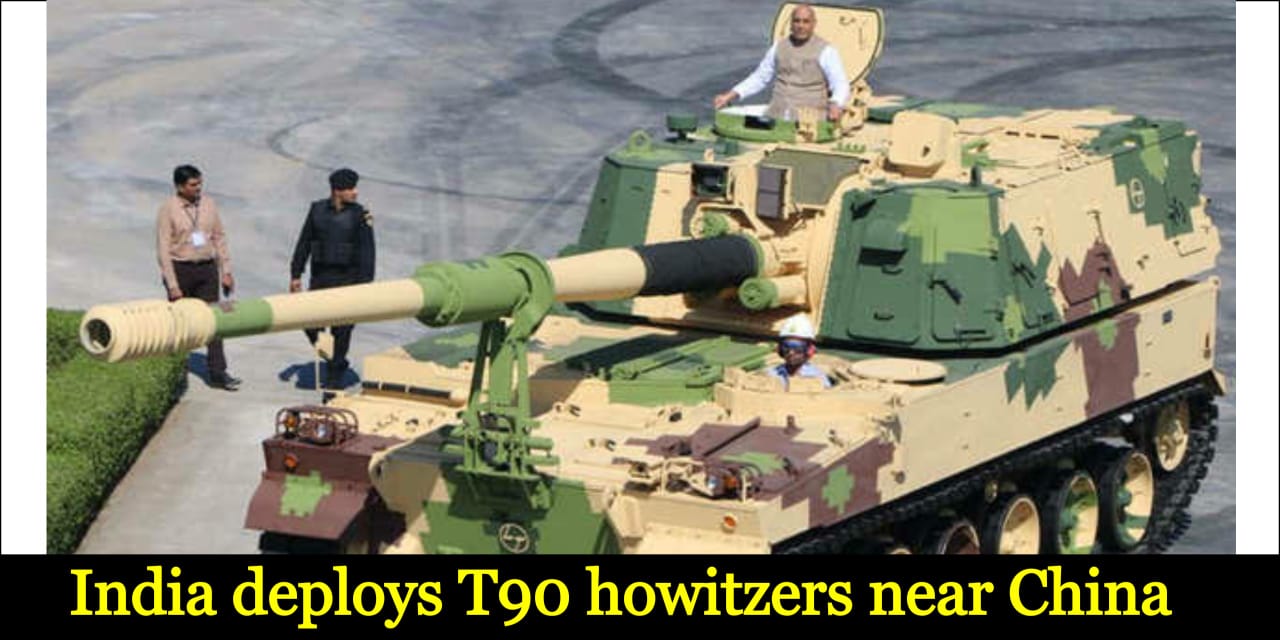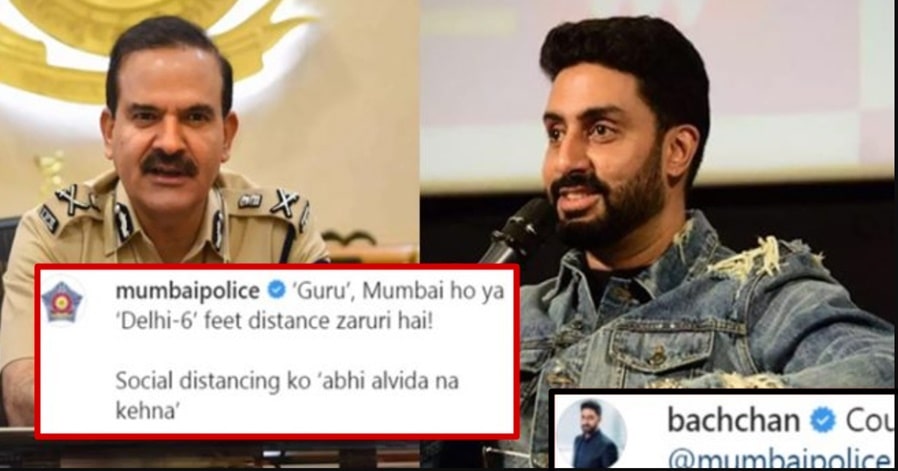Karnataka will cut power supply of factories that have child labour
According to the Ministry of Human Resource Development, six million students between ages of 6 and 13 do not go to school in India. By 10th grade, nearly half of all the students backed out of school. The 2011 national census reports that there are 4.3 million children between the ages of five and 14 who are involved in labour.
There is a huge possibility of an increase in number because 7 years have already been passed. The Government’s Ministry of Statistics revealed that nearly 85% of child labourers in India are hard to find as they work on the whole in the unorganised sector in the rural and urban areas or in household.

Children are involved in any field of work due to lack of resources. They have no other option to fight for survival. Child labour is an illegal act and it takes away all the happiness. There is some serious risk as well because small children with no prior experience do the work. However, Karnataka government has made it clear that they will cut the power supply of factories that have child labour.
Supreme Court confirmed a previous Karnataka Hight Court order that an agreement should be taken from either industrial or commercial consumers that they will not engage child labour. The order states, “Disconnect power supply to those who employ children in violation of the Child Labour (Prohibition and Regulation) Act, 1986 and Section 24 of the Karnataka Shops and Commercial Establishment Act, 1961/Factories Act, 1948.”
“An SC judgment becomes the law of the land and the KPTCL has the obligation to enforce this verdict. CACL should give wide publicity to this judgement and put pressure on the Ministry of Energy to implement the order. This case was filed in the HC in 1999 and KPTCL went on to appeal in the SSC in 2006. The case was pending for almost 11 years,” said Mathews Philip, Executive Director, South India Cell for Human Rights Education and Monitoring (SICHREM)
“The pending appeal is an excuse for non-implementation. The final order came in January 2018, nobody has heard of action by the government to enforce it,” Phillip said.












